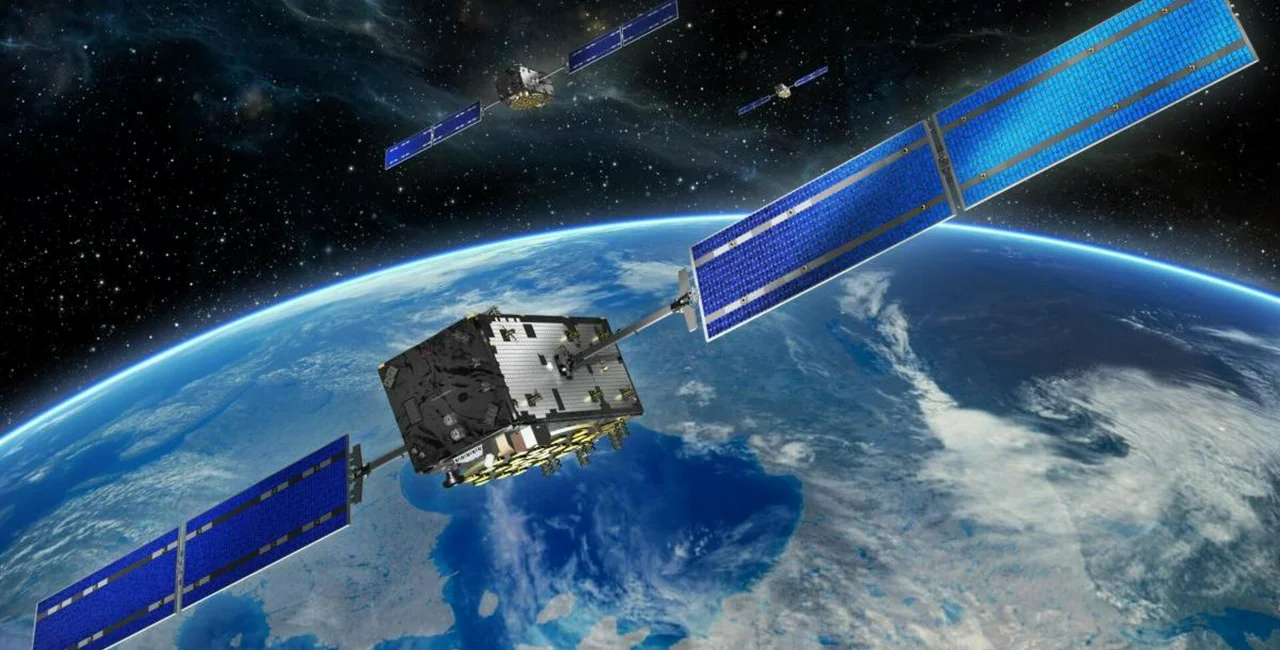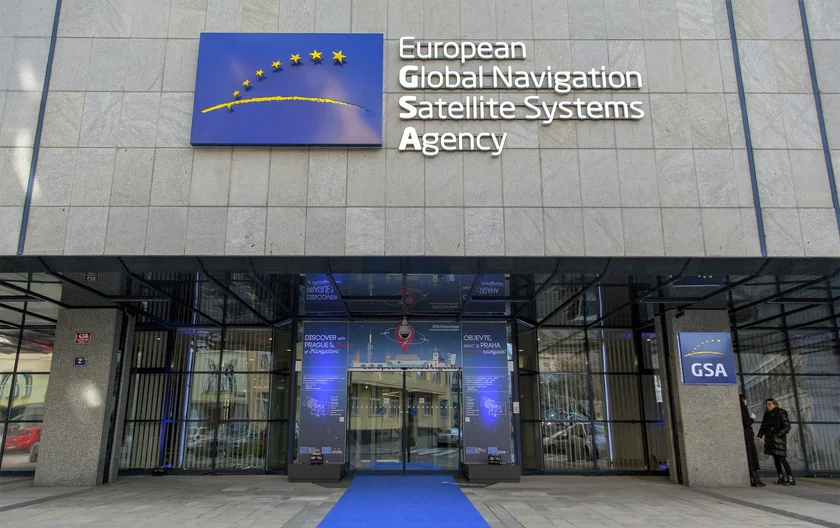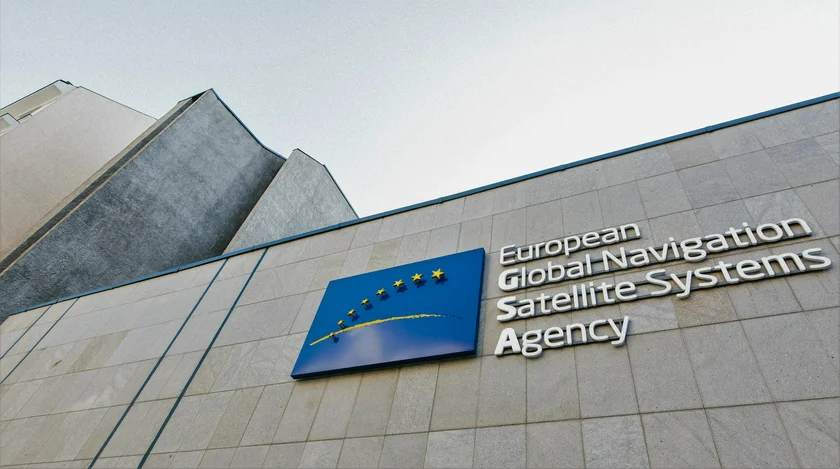The Czech Republic has become a key country in the European Union’s growing space research. Since May 12, 2021, the new European Union Agency for the Space Programme (EUSPA) has been based in Prague, the Czech capital. The importance of the new agency will continue to grow as space-related technology increasingly becomes a part of everyday life.
The decision to place the new center in Prague was in part due to the Czech government’s investments into the Czech aerospace sector, which proved the country was ready to become a major player in the high-tech field.
EUSPA Executive Director Rodrigo da Costa pointed out the importance of the aerospace sector when the Prague office opened. One-tenth of the European economy is now dependent on space research.
“More and more, our economies, our society, and our safety depend on space. Europe has incredible opportunities ahead that cannot be missed. By creating EUSPA, the European Union will further increase the return on investment made by the EU citizen in the EU Space Programme by strengthening its contribution to the priorities of the Union,” EUSPA Executive Director Rodrigo da Costa said when the agency opened.
“We will achieve this primarily by leveraging synergies between the various programme components, particularly navigation, Earth observation, and secure communications, to drive innovation across a broad range of sectors,” he added.
In Prague, EUSPA employs roughly 300 people from 22 EU countries, 30 percent of whom are Czech. The number of EUSPA employees in Prague is expected to rise to as many as 600 over the next few years. EUSPA’s budget for 2021–27 is approximately EUR 9 billion.
Entering the space race
Placing the new agency here was not a decision made out of the blue. It was the culmination of years of effort from partners on the Czech side to work with the European Union.
The Czech Republic joined the European Space Agency in 2008, the first post-communist country to do so.
A negotiating team that included Vladimír Remek, the first Czech cosmonaut to go into space helped to bring the European GNSS Agency (GSA) to Prague from Brussels in 2012. The Czech team had to convince France and Britain, then the leaders in space research in the EU, that Prague had suitable facilities as well as promising space projects from Czech companies.
GSA was responsible for overseeing the Galileo navigation satellite system, which was created by the EU with the help of ESA. Galileo competes with America’s GPS, Russia’s Glonass, and China’s Bei Dou navigation systems.
Developing the Czech aerospace sector with incubators
The next big step for the Czech aerospace sector was the opening of two business incubator centers (BICs) for the European Space Agency. The first ESA BIC opened in Prague in 2016, and the second in Brno in 2018. Both are operated by state agency CzechInvest.
Currently, the Czech space industry has approximately 100 companies and research centers, over 60 of which have received ESA contracts. These entities are linked to supplier and subcontractor companies that provide necessary technological support. Several startups have been established and incubated in the two Czech ESA BIC incubators.
ESA BIC is an international network that includes incubators in 20 European countries. The Prague and Brno incubators support Czech startups that use space patents, satellite navigation, or remote Earth observation for their products and services. The goal is to make these technologies part of everyday life and to help innovative projects to participate in space missions as part of the European space programme. Nearly 30 Czech technology startups have passed through the incubators.
The logical place for EUSPA
EUSPA essentially expands on GSA, so placing it in Prague, where GSA was already located made logical sense. The European Union in 2018 started the process of establishing EUSPA, and in 2019 decided that it would be based in Prague. The Czech capital was picked due to the positive experience in operating GSA, and intensive cooperation between Czechs and the ESA. EUSPA was finally approved by the European Parliament on April 27, 2021, and opened in Prague two weeks later.
In addition to taking over GSA’s role of managing Galileo and related navigation services, EUSPA also coordinates other satellite systems and related projects. It is responsible for 26 satellites in orbit. Two more will be launched at the end of 2021 and four over the course of next year. Their task will be to improve the Galileo navigation system.
It manages the EGNOS navigation system, used at airports. The system improves the accuracy of existing navigation systems and assists with landings. EGNOS also supports farmers, who can use satellite imagery to check on their crops and adjust the use of fertilizers and chemicals.
EUSPA is now taking over the new European Copernicus project for remote Earth observation. It monitors natural disasters, security crises, and the construction of infrastructure. The agency also newly manages the GOVSATCOM platform intended for secure satellite communication.
EUSPA actively collaborates with startups, which it motivates to use the Copernicus, EGNOS, and Galileo systems.
The organization's management, which decides how command-and-control centers handle situations that arise, is concentrated at EUSPA headquarters in Prague. Its priority is to keep the systems in good working order and to maintain their security.
This article was written in association with CzechInvest. To read more about our partner content policies see here.












 Reading time: 4 minutes
Reading time: 4 minutes 

























